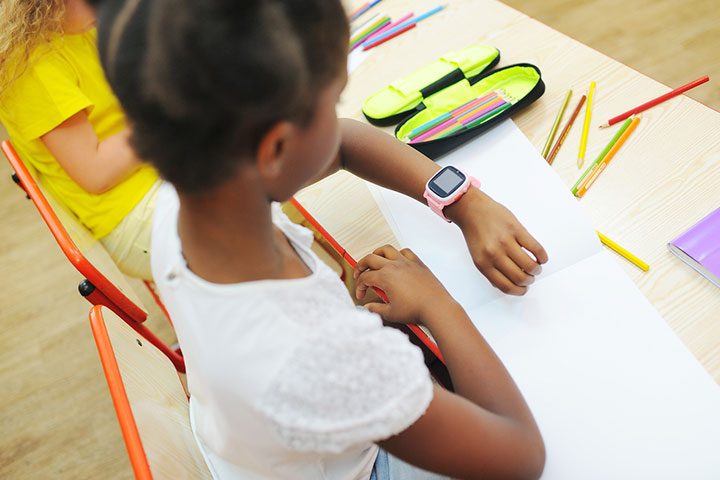
Image: Shutterstock
If you have a naugty little one who seems hard wired to challenge you and test your limits every step of the way, know that you are not alone. Many parents grapple with how to discipline their children effectively when they step out of the line for the fifth time in under a minute. The truth is, you can use every trick in the book and your kids won’t take you seriously until you start to enforce some serious consequences. Your kids are prone to ignoring warnings and other impending disciplinary actions. So, it’s okay to take a minute to be frustrated and angry before you think of a smarter way to get through to them. Make sure that your consequences are used to curtail unpleasant behavior and teach behavioral expectations. However, keep in mind that the key is to encourage better behavior instead of lingering on punishing bad behavior.
Here are 4 ways to give your kids consequences that really work:
1. Consistency Is Key
Image: Shutterstock
Be it positive or negative consequences, they’re only going to work if they are enforced consistently. If you only confiscate a toy once out of the 10 times your child breaks a rule, they’re not going to take your word too seriously. If you’re inconsistent, your kid’s are going to think that they can change your mind by whining or simply being difficult. So instead of cooperation, you’ll be met with a tantrum. The best way to deal with them, is to give your children negative consequences everytime they break a rule, even if you don’t feel like it. This will help them understand that they can’t get away with bad behavior.
Make sure you stick to your consequences as well. If you’ve said that they lose certain privileges for the entire day, don’t let them off early simply because they seem to be behaving themselves. Your kids are trying to get on your good side. Walk the talk and follow through with what you say. Then your kids will think twice before breaking a rule again.
2. Clearly Define Your Consequences
Image: Shutterstock
Being vague doesn’t really work with kids. The best way to establish boundaries, rules and consequences is to make them as specific and well defined as possible. This way your kid can’t pin the blame on you if they start doing something you don’t want them to. One way to make your consequences more effective is to make them time specific. Tell them they can’t go out until the weekend or that you are taking away their electronic gadgets for the next 24 hours. Whatever consequence you’ve established has to have an expiration date. This will also signify that you are serious about said consequences and your child won’t be lying in wait for your bad mood to blow over.
You can also use consequences as a way to promote positive behavior. Tell the kids they can play their video game once they’ve finished their school work or that they can watch an episode of their favorite show if they interact during dinner time. This will give them the little nudge they need to practice good behaviors and habits.
3. Give Immediate Consequences
Image: Shutterstock
There’s no time like the present. No really, the best consequences are immediate. Enforcing a consequence when they come back from a weekend at grandma’s place isn;t going to be as effective as if you were to enforce them right away. Your child needs to realize that the consequences are with respect to the actions that they have committed. Your child needs to remember why they got into trouble in the first place. If you delay it by a week, your kids are more likely to forget what they did to warrant such treatment. Besides, feeling the consequence right after the misbehavior will discourage your child from repeating the action again. Remind them why and what they did in order to deal with their consequences.
4. Make It Age Appropriate
Image: Shutterstock
No point in your little ones biting off more than they can chew. Effective discipline requires an approach to consequences that are developmentally appropriate for your kids. You don’t want the entire purpose of enforcing consequences to go over your child’s head. For example, if your 3 year old breaks a rule, a time out will suffice. Whereas all your 5 year old might need is a reminder of the consequence in order to keep them on their good behavior. Make sure that the consequences are something that your children can follow through with and understand.
Kids can be a handful and there are days when you don’t know how to deal with them at all. No parent likes being a disciplinarian but it’s a part of the job. However, this doesn’t mean that you need to make your kids hate you in order to get them acting right. Enforcing effective consequences will do the trick! We hope the process is easier now that you have these tips up your sleeve. Happy parenting!
















